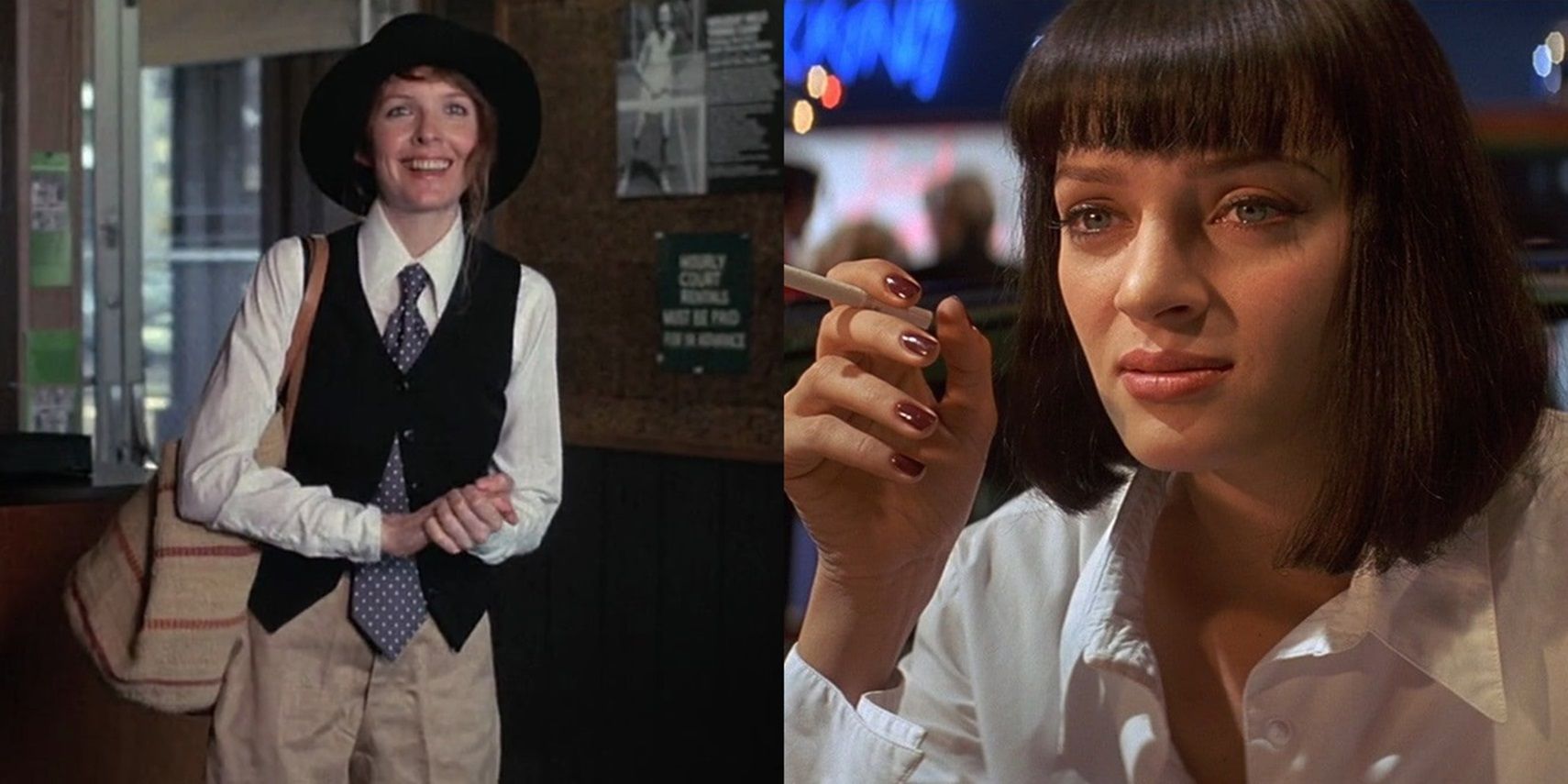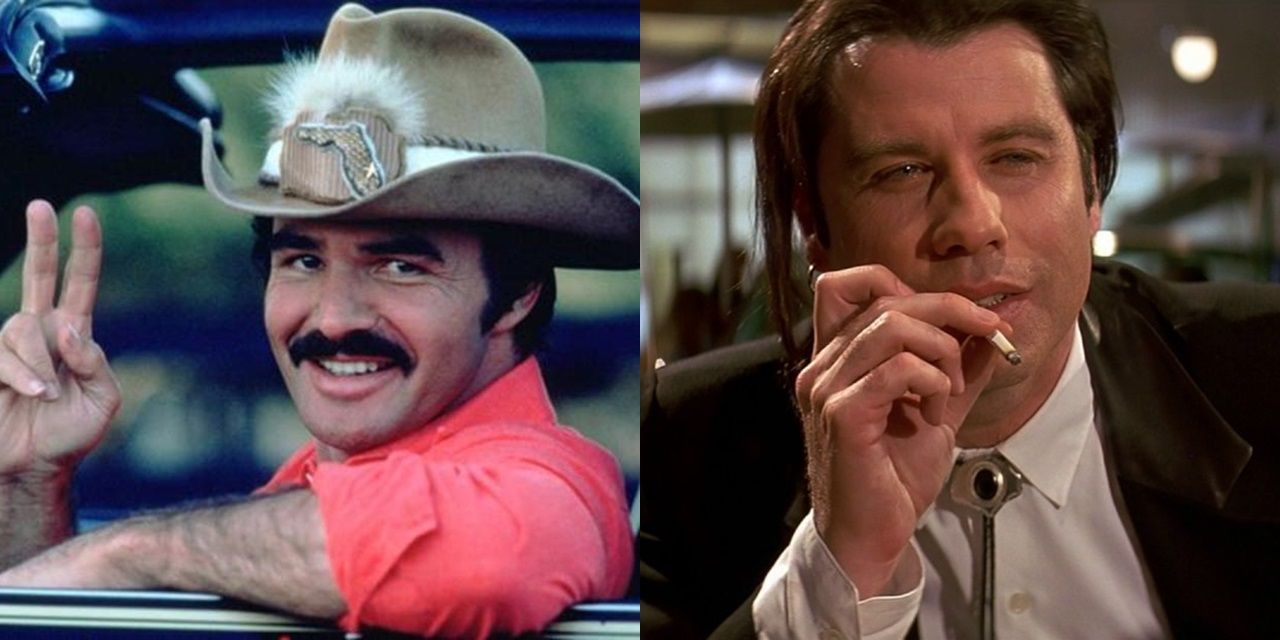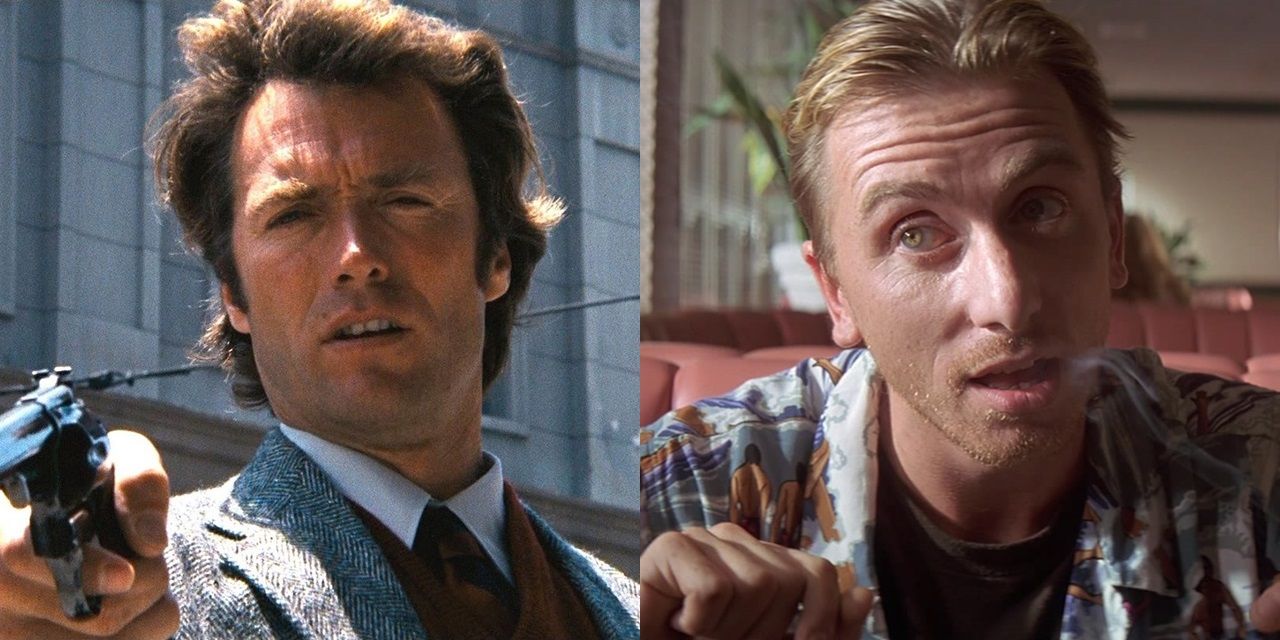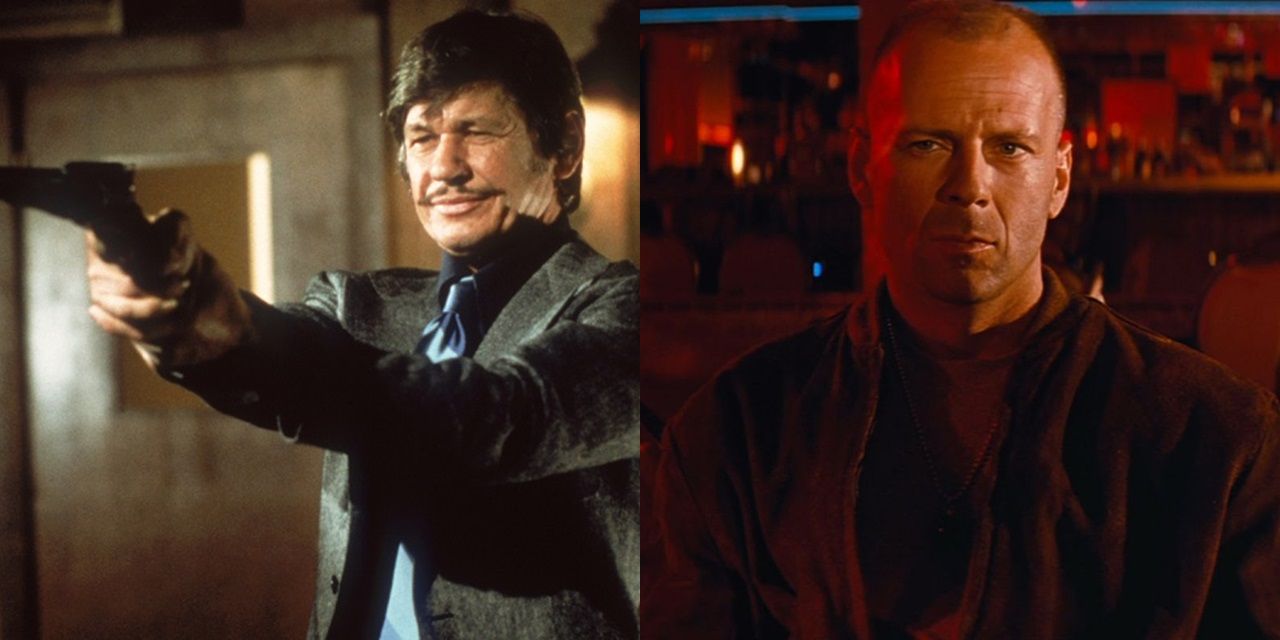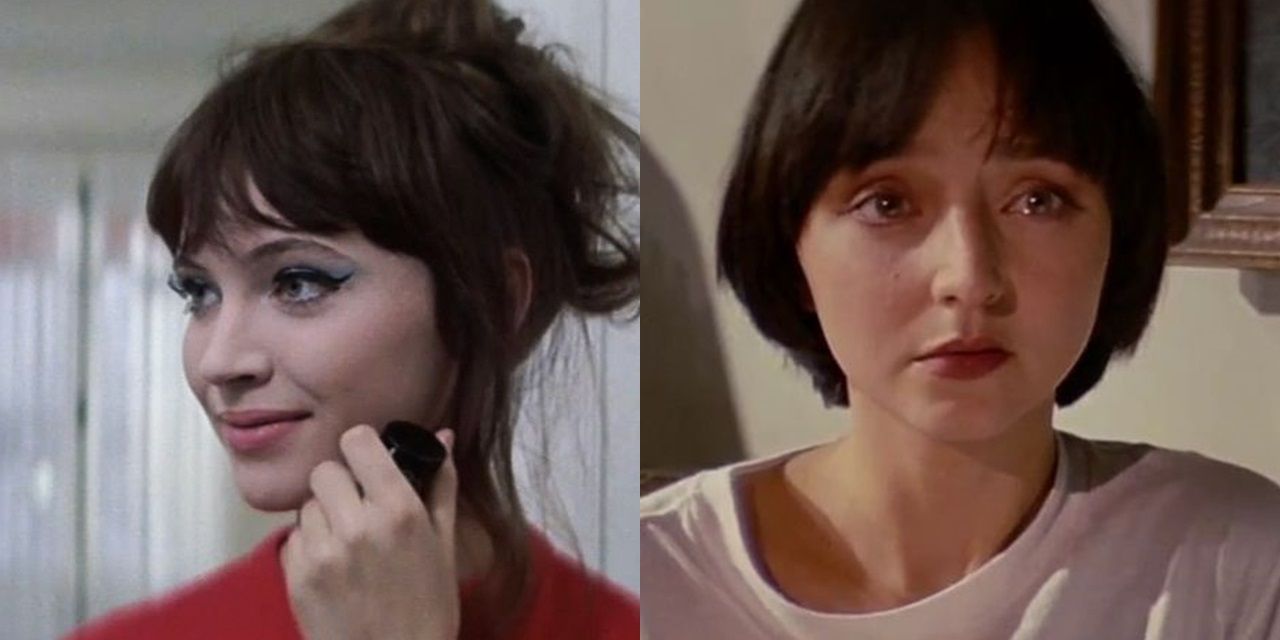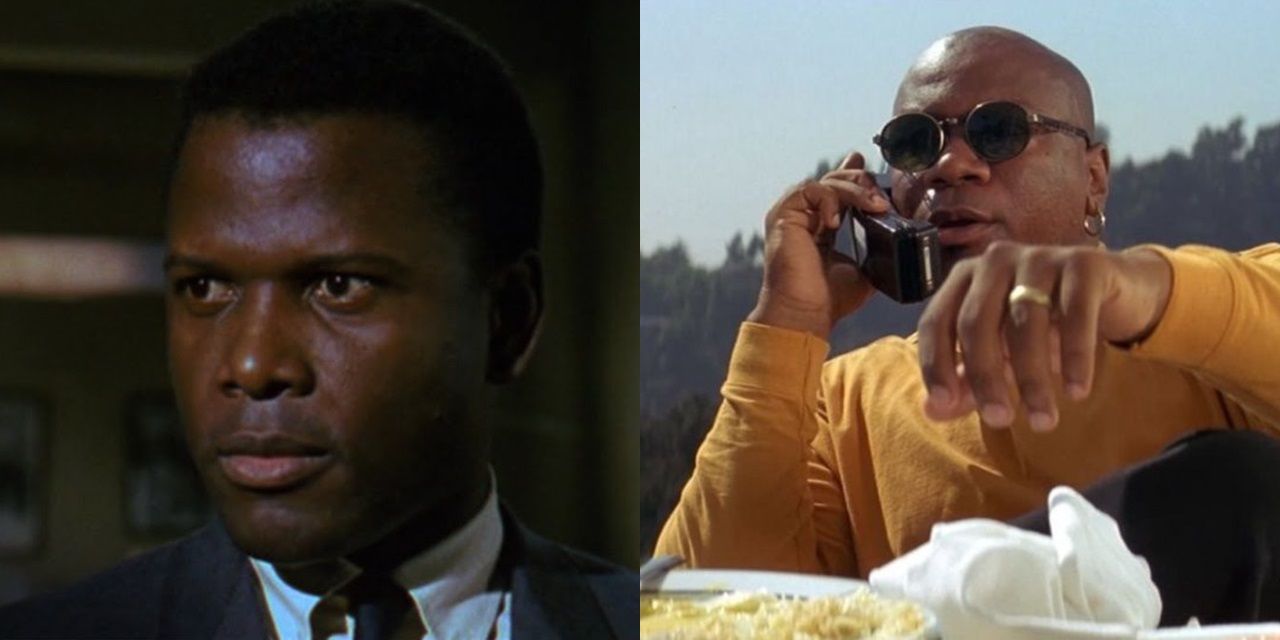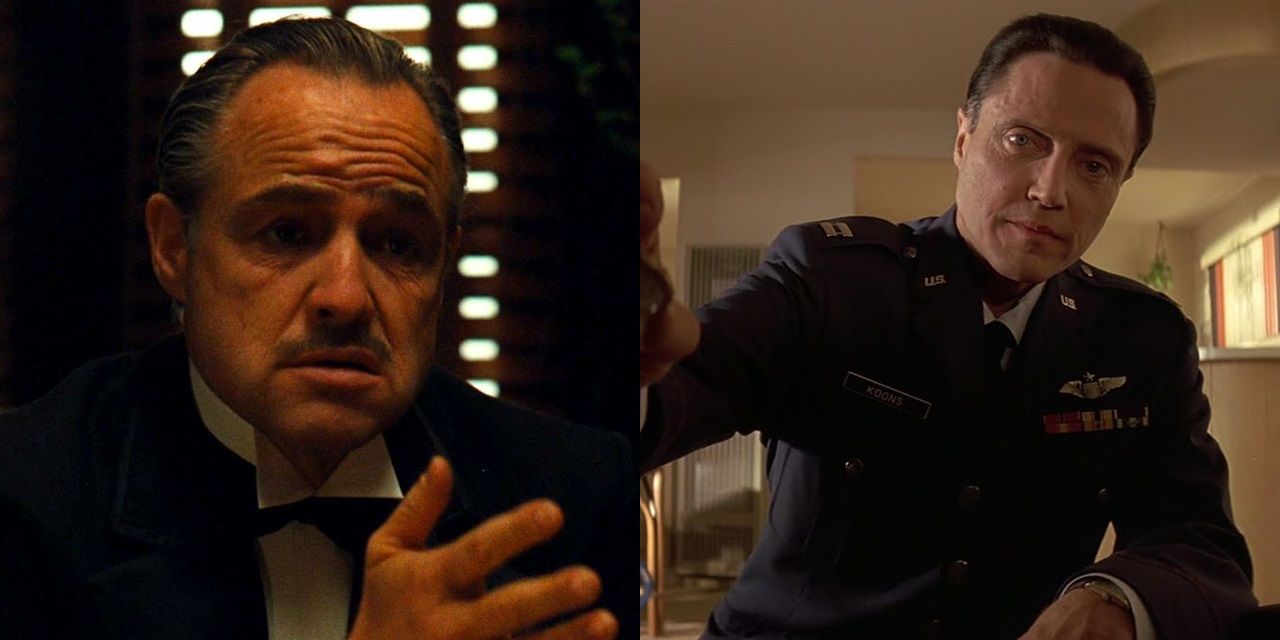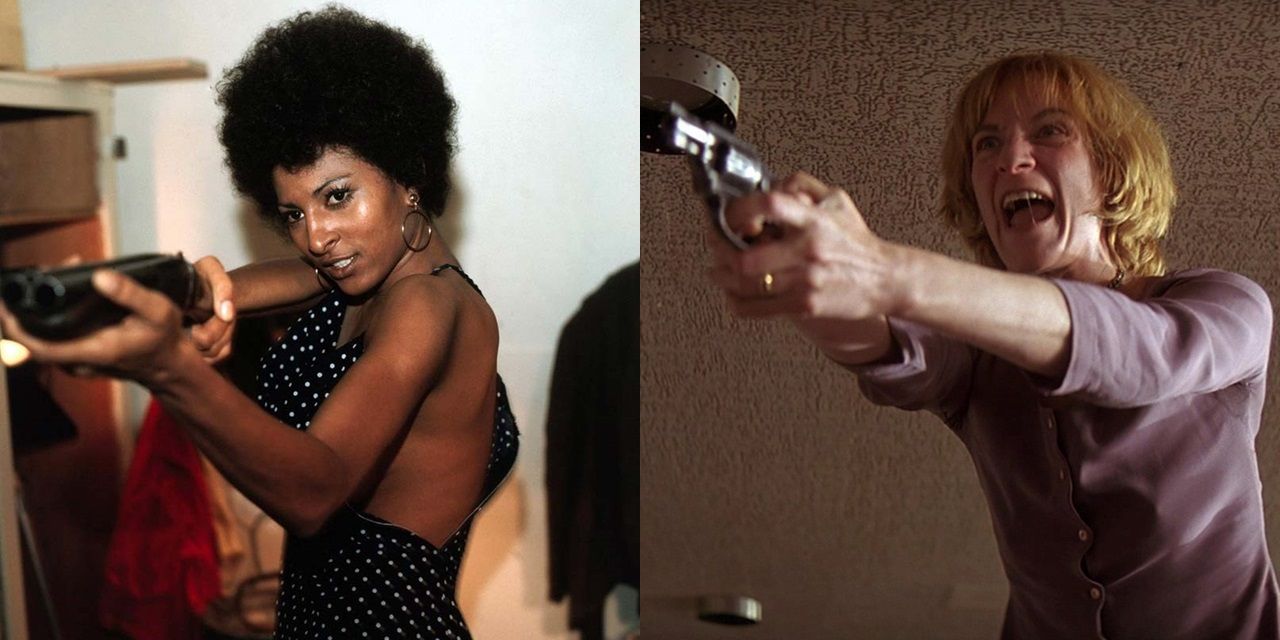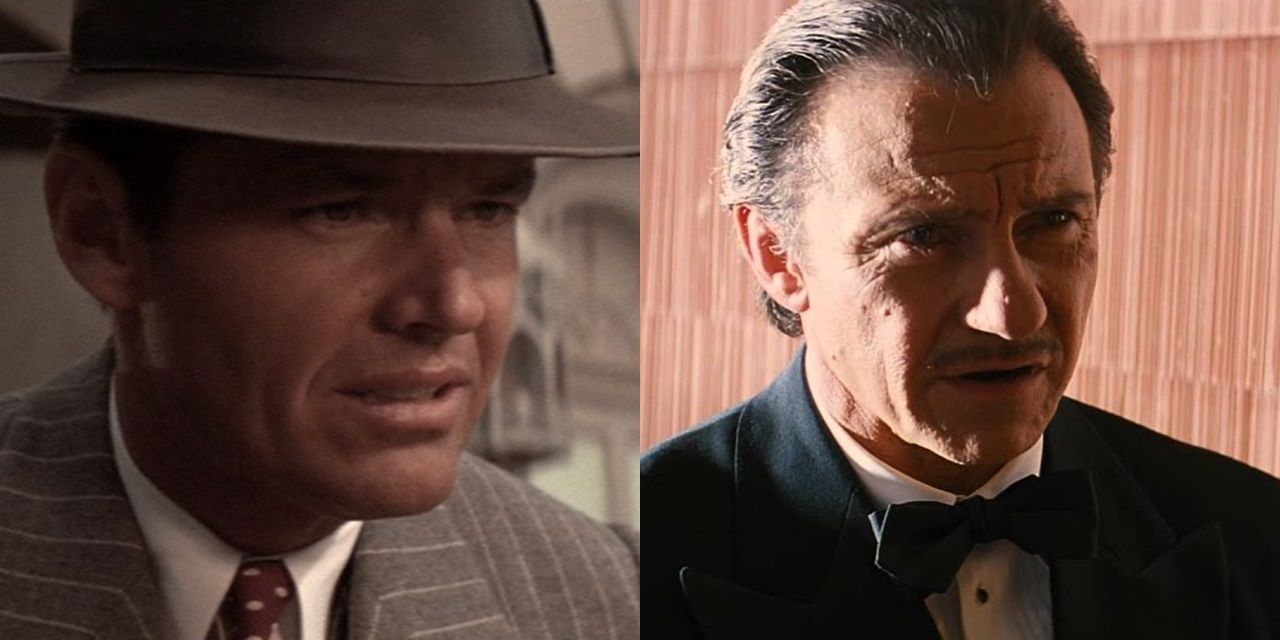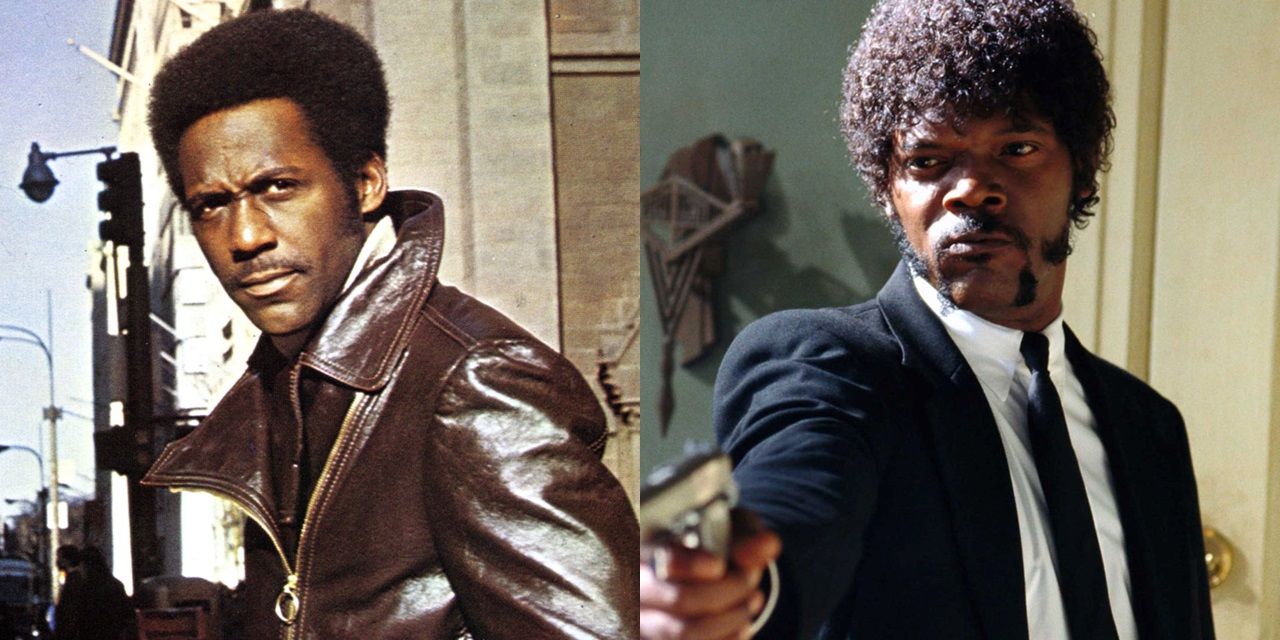Quentin Tarantino’s Pulp Fiction arrived as a cultural monument in 1994 and it still holds up as a timeless gem to this day. One of the most notable things about the movie is its ensemble cast, filled with A-listers like Bruce Willis, then-unknowns like Uma Thurman, and forgotten stars in need of a comeback like John Travolta.
But if the movie had been made in the 1970s – the era of American cinema that most closely influenced Tarantino’s filmmaking style – it might have featured these iconic actors instead.
Burt Reynolds As Vincent Vega
The role of Vincent Vega ended up giving John Travolta a much-needed career comeback. Years after Grease, Blow Out, and Saturday Night Fever, Travolta’s star was fading. Then, Tarantino cast him as a heroin-addicted hitman and he’s been getting regular work ever since.
The equally charismatic Burt Reynolds could’ve been a great choice in the ‘70s. He proved he could handle comedic deliveries like, “Oh, man, I shot Marvin in the face,” with his turn in Smokey and the Bandit, but also proved he could handle the dramatic pathos in Pulp Fiction scenes like Mia’s overdose with his turn in Deliverance.
Diane Keaton As Mia Wallace
Uma Thurman was a relatively unknown actor before playing Mia Wallace in Pulp Fiction. After the movie was released, of course, she became a huge star overnight and remains a recognizable icon to this day.
Mia is a delightfully unusual character – she’s verbose, she speaks her mind, and she’s filled with surprisingly thought-provoking musings about uncomfortable silences and the futility of promising not to be offended by something. In the ‘70s, Diane Keaton could’ve nailed this role by combining Kay Corleone’s nuance with Annie Hall’s quirkiness.
Clint Eastwood As Pumpkin
Pumpkin is one of the two armed robbers that appear in Pulp Fiction’s framing narrative. In the 1994 original, the part was played by Tim Roth, who’d previously played Mr. Orange for Tarantino in his debut feature Reservoir Dogs.
In the ‘70s, Clint Eastwood could’ve played this role brilliantly. He was one of the decade’s most iconic outlaws. Even when he played a cop, like “Dirty” Harry Callahan, Eastwood was an outlaw.
Charles Bronson As Butch Coolidge
Butch Coolidge is the tough-as-nails boxer who’s paid off by Marsellus Wallace to throw a fight and ends up betting on himself, betraying Marsellus, and going on the run with the winnings. In the 1994 original, the role was played by renowned action hero Bruce Willis.
In the ‘70s, the part could’ve been filled by one of Hollywood’s most prominent tough guys: Charles Bronson. Bronson played a brutal bare-knuckle boxer in Walter Hill’s Hard Times.
Anna Karina As Fabienne
Originally played by Maria de Medeiros, Butch’s French girlfriend Fabienne is one of the most polarizing characters in Pulp Fiction. Some fans find her endearing, while others find her annoying. A ‘70s-era Pulp Fiction could’ve featured Anna Karina as Fabienne.
Karina was one of the biggest stars of the French New Wave, appearing in such classics as Bande à part and A Woman is a Woman. She embodied the vibrant, youthful spirit of the movement and would’ve been perfect for Butch’s young, naive girlfriend.
Sidney Poitier As Marsellus Wallace
The role of crime boss Marsellus Wallace needs an actor who commands the screen, like Ving Rhames in the 1994 original. Sidney Poitier, one of the screen legends of the Golden Age of Hollywood, is the epitome of a commanding actor.
Toward the end of the ‘60s and turn of the ‘70s, Poitier became a crime movie icon with his role as Virgil Tibbs in In the Heat of the Night and They Call Me Mister Tibbs!. He could’ve switched over to the other side of the law for Pulp Fiction.
Marlon Brando As Captain Koons
Captain Koons only appears in one scene, but it’s crucial to establishing the stakes of “The Gold Watch” storyline. In the right hands – like the hands of Christopher Walken – that monologue makes for an unforgettable cameo.
Walken was a veteran actor who captivated audiences the second he stepped on-screen in 1994. Two decades earlier, The Godfather’s Marlon Brando would’ve had the same effect.
Pam Grier As Honey Bunny
Honey Bunny is Pumpkin’s girlfriend who helps him stick up the diner in the opening and closing scenes of Pulp Fiction. She was originally played by Amanda Plummer opposite Tim Roth.
Pam Grier could’ve done a great job with this role. In the 1970s, she broke new ground for female action heroes with fierce turns as righteous vigilantes in blaxploitation classics like Coffy and Foxy Brown.
Jack Nicholson As The Wolf
Harvey Keitel made an instant icon out of crime scene cleaner Winston “the Wolf” Wolf in the final segment of Pulp Fiction, “The Bonnie Situation.” He’s hilariously short with Jules, Vincent, and Jimmie as he coaches them through a corpse disposal.
In the ‘70s, this role could’ve been played by Jack Nicholson, one of the biggest movie stars at the time. Nicholson always nails biting sarcasm, like Jack Torrance’s sardonic tirades in The Shining or Frank Costello’s constant mocking in The Departed.
Richard Roundtree As Jules Winnfield
With his penchant for trying other people’s burgers and his “The path of the righteous man...” monologue, Samuel L. Jackson made an icon out of the role of Jules Winnfield (and vice versa).
In the 1970s, the role could’ve instead been filled by Richard Roundtree. Roundtree had become a widely praised badass with the role of private eye John Shaft – a role that Jackson himself would later fill in a 2000 Shaft reboot.

